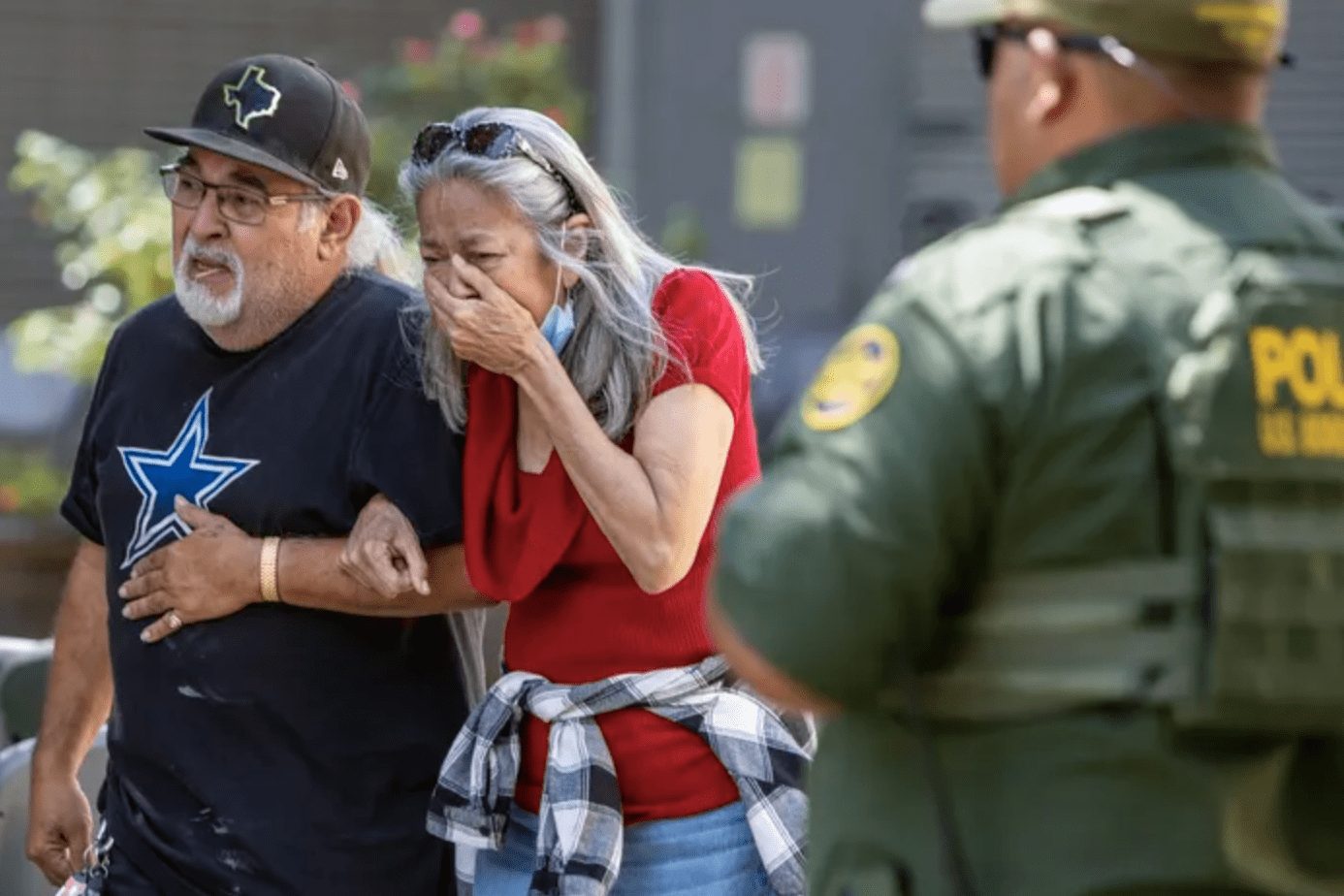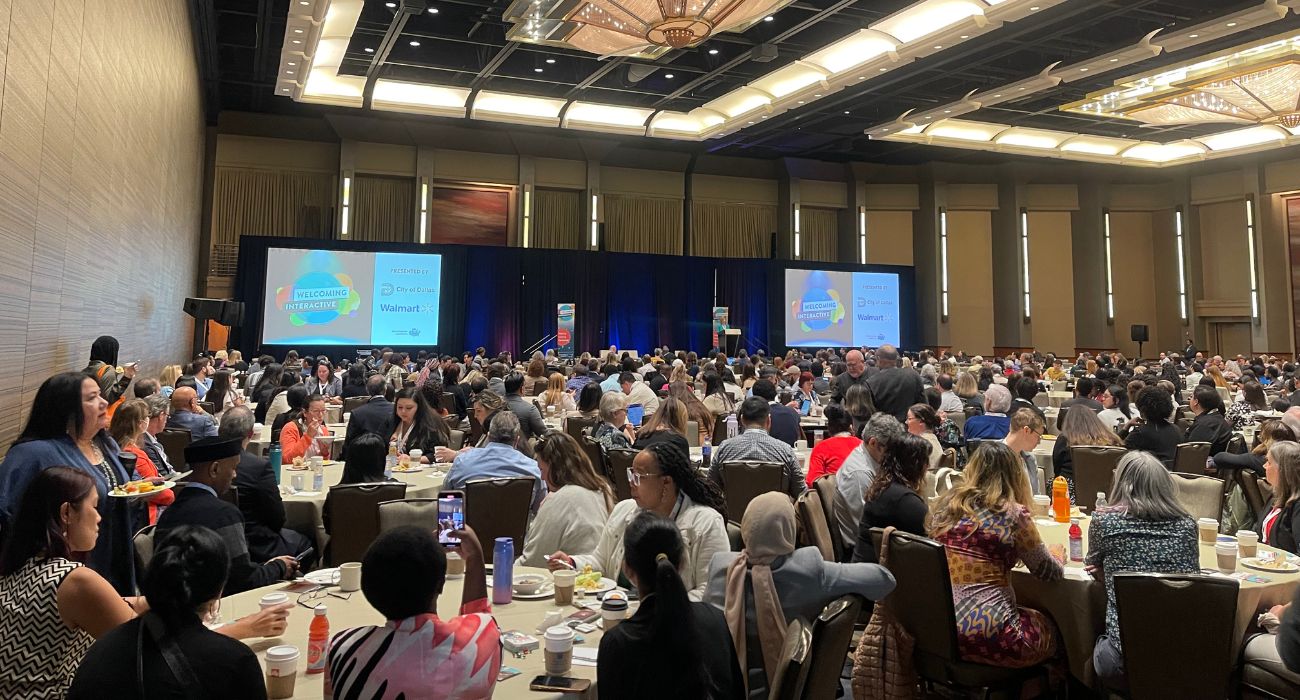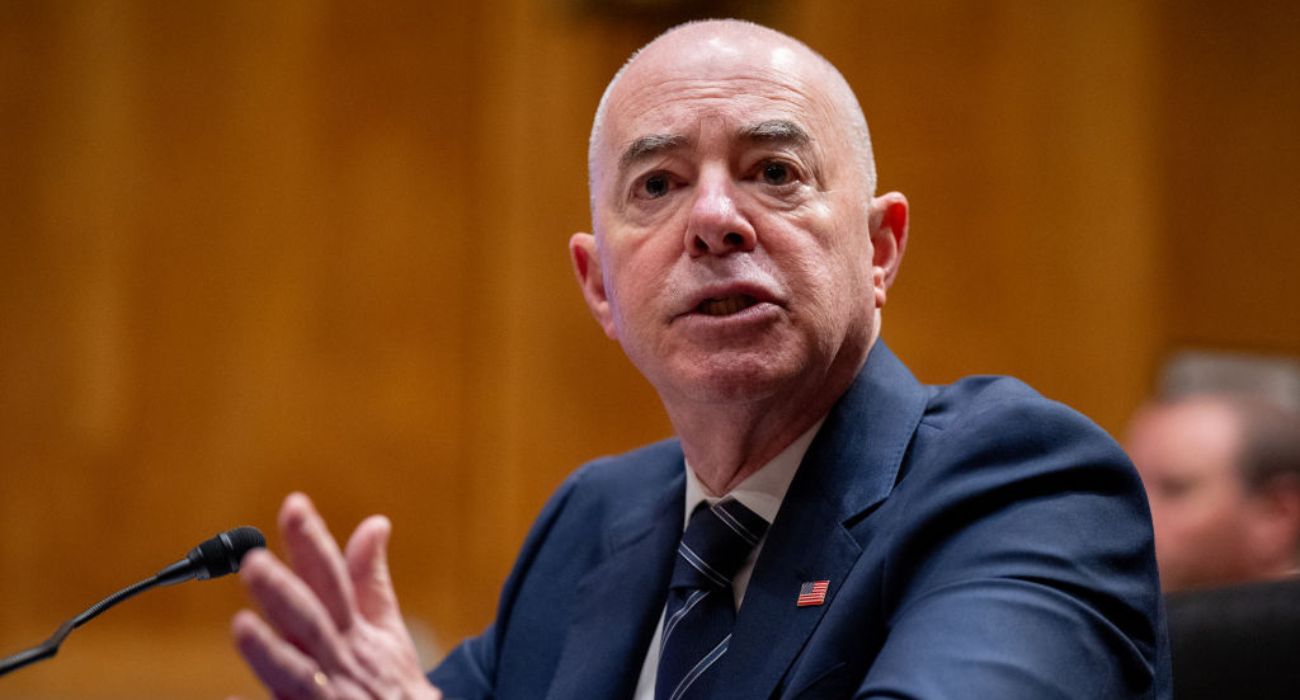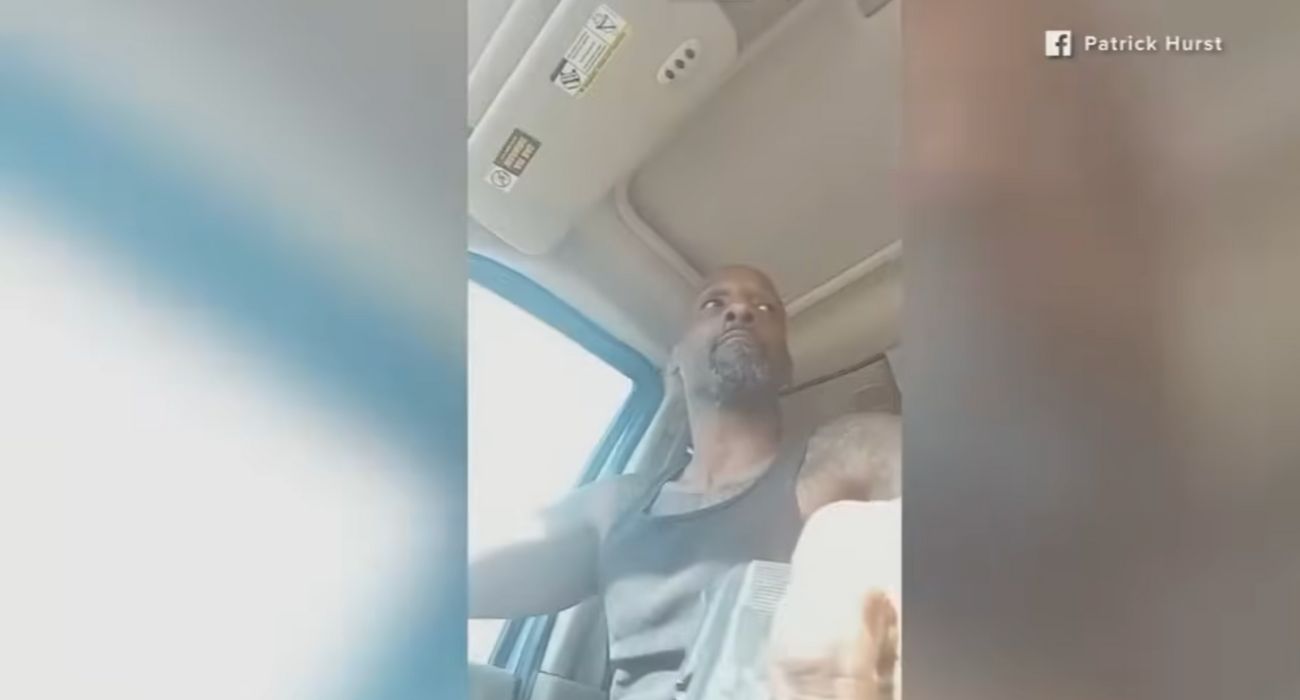When 18-year-old Salvador Ramos murdered 19 students and two teachers and wounded 17 others using a semi-automatic rifle that he purchased from a federally-licensed firearms dealer, he polarized Texas and the nation over critical questions of what went wrong, who was responsible, and how we prevent future mass killings in our public schools.
With the facts surrounding this tragedy currently in flux as local and state leaders continually jockey for control of the narrative, these critical questions have been difficult to answer.
The Dallas Express spoke to advocates of Second Amendment policy, gun control, mental health, and education to help our readers better understand where responsibility may lie and where we go from here.
While in opposition over many policy issues, advocates on both sides of the gun control debate acknowledge that the Uvalde Consolidated Independent School District and its elected school board bear some responsibility for what happened on May 24 at Robb Elementary School.
Nicole Golden, executive director of Texas Gun Sense, an organization that “advocates for common sense, evidence-based policies to reduce gun injuries and deaths”, said, “First and foremost, our elected leaders at every level of government are responsible for ensuring that all solutions for preventing gun violence are in place.”
The head of the pro-Second Amendment non-profit group Texas Gun Rights, Chris McNutt, was more direct in who he believed was ultimately accountable, saying, “The school is responsible to make sure proper protocols are in place for every child’s safety.”
Closer to home, Mary Lowe, spokesperson for DFW Moms For Liberty, provided a stronger perspective on the failures of state and local education leaders to protect school children.
“A major responsibility of government is to protect its citizens, yet that has almost vanished from their obligations. It isn’t sexy enough to get Mike Morath’s attention,” Lowe said.
Morath is the current Commissioner of Education and head of the Texas Education Agency, the state regulatory body which provides oversight to primary and secondary public education.
Lowe went on to argue that Morath “had data that revealed mass shootings were equally if not more of a threat to children than COVID.”
Lowe believes under Morath, Texas “blew up the education system and harmed child development” in response to COVID, and funds spent on the pandemic “would have put effective security systems in our schools.”
Golden and McNutt also agreed that school security was essential for protecting kids but disagreed on so-called “gun control” proposals.
Golden argued that “school security as well as preventative measures” such as “raising the age of purchase of semi-automatic guns to 21” and “closing background check loopholes” are the appropriate response.
“We need stronger gun laws. States that have them have lower rates of gun deaths,” she said.
McNutt strongly opposed new restrictions on gun ownership and bemoaned the “shameful” state of affairs in which airports, courthouses, and other government buildings enjoyed higher levels of security than our public schools.
He argued that a “properly-funded mental healthcare system and secure schools are the best immediate path forward.”
But Lee Spiller, who heads up the non-profit mental health watchdog organization Citizens Commission on Human Rights in Texas, was more skeptical that additional spending on mental health programs would be beneficial.
“Texas spent big on the proposition of identifying potential threats and shunting them to a mental health system that can neither predict nor prevent violence. Given this tragedy, it’s time to ask questions because, from the outside, it looks like an epic fail,” commented Spiller.
Spiller’s blunt assessment of the situation was matched only by Mary Lowe’s frustration.
“Confusion around the facts of the event still seem to be created by those who should be in charge,” Lowe said.
When asked if the local district attorney should take any action against the officers in charge at the scene, school administrators, or even the elected school board, McNutt said it was “too soon to speculate” and said that a “full investigation” needs to be allowed to occur.
Golden, on the other hand, focused her response to this question on the need “at every level of government to act now to ensure that systems are in place to prevent potential aggressors from accessing firearms, especially semi-automatic weapons.”
She went on to say that she was “encouraged” by President Joe Biden’s “commitment to strong gun laws.”
“Our children are worth it,” Golden said.
McNutt dismissed the current proposals being discussed by Biden and said the most meaningful policy change would be the repeal of the Gun Free School Zones Act of 1990, which turns “teachers and students into sitting ducks for a deranged killer.”
“Instead of sending billions of aid to Ukraine, we should perhaps keep that money at home to harden our schools,” said McNutt.






